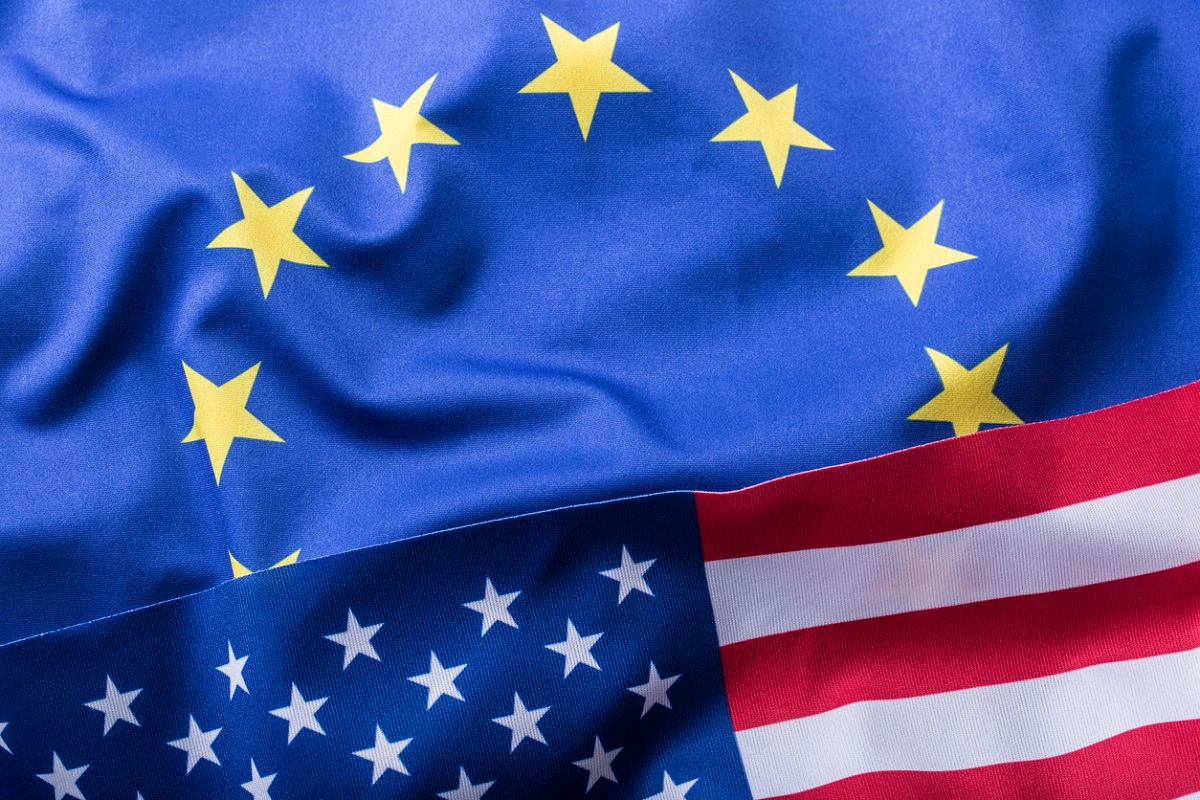EU must open discussion on economic dimension of CBAM: Experts
The European Union (EU) must start discussing the economic dimension of the Carbon Border Adjustment Mechanism (CBAM), said experts here on Tuesday.
Beijing’s attempt to woo Berlin and drive a wedge between America and Europe is also unravelling to an extent with the survey reporting that regardless of the composition of Germany’s next government, 59 per cent of respondents believe the European powerhouse’s China policy would be more hard-edged.

(Representational Image: iStock)
It is a tricky time for relations between two of the world’s three major powers ~ the United States of America (USA) and the European Union (EU).
As a recent survey of experts and policymakers on both sides of the Atlantic has brought out, the third quarter of 2021 has seen some major events: The US withdrawal from Afghanistan, the inauguration of AUKUS (the trilateral Indo-Pacific security pact between Australia, the United Kingdom and the USA), the announcement that the US travel ban on Europe will be lifted, and the German federal election to determine Chancellor Angela Merkel’s successor.
These developments will almost certainly have a significant impact on the USA-EU relationship and, in turn, govern the ebb and flow of geopolitics where the third major global power, China, is calibrating its position in line with its domestic concerns.
Advertisement
The undermining of confidence in the transAtlantic relationship has been worrisome, perhaps unsurprisingly so as the consequence of the botched US withdrawal from Afghanistan and the announcement of AUKUS without taking the EU, especially France which had skin in the game, into confidence.
A survey by the Robert Bosch Foundation-Brookings Trans-Atlantic Initiative showed that US-European relations dropped from an average of 6.6 on a 1-10 scale at the end of the second quarter of 2021 to 5.3 by the end of the third. Political and security relations dropped 1.8 and 1.5 points, respectively.
The hope, at least in the survey’s findings, came from the fact that even now almost half the respondents characterised USA-EU economic relations as ‘improving’. Respondents were split almost down the middle on the issue of permanently requiring vaccination against Covid-19 for travellers entering the USA and EU from each other’s territories, with 52 per cent saying this should be a permanent policy.
On the crucial question of whether, after the Afghan debacle, America’s NATO partners would ever join the USA in an out-of-area military intervention, close to 87 per cent of the respondents disagreed that European countries would not join such an effort in the future. The last finding assumes particular importance because China has been amplifying Washington’s cutand-run approach, as it were, when it comes to staying the course in the world’s hotspots while dangling trade deals with the EU to leverage its position vis-àvis the USA.
Beijing’s attempt to woo Berlin and drive a wedge between America and Europe is also unravelling to an extent with the survey reporting that regardless of the composition of Germany’s next government, 59 per cent of respondents believe the European powerhouse’s China policy would be more hard-edged.
The task before both President Joe Biden and European leaders is to build on the essential trust between America and Europe which does not seem to have been breached yet. But to do so, they would need to hammer out a common approach going forward on geostrategic issues.
They will have ample opportunities to do so in the final quarter of 2021 at the G20 meeting in Rome, COP26 in Glasgow, the Paris Peace Forum, and President Biden’s Summit for Democracy.
Advertisement